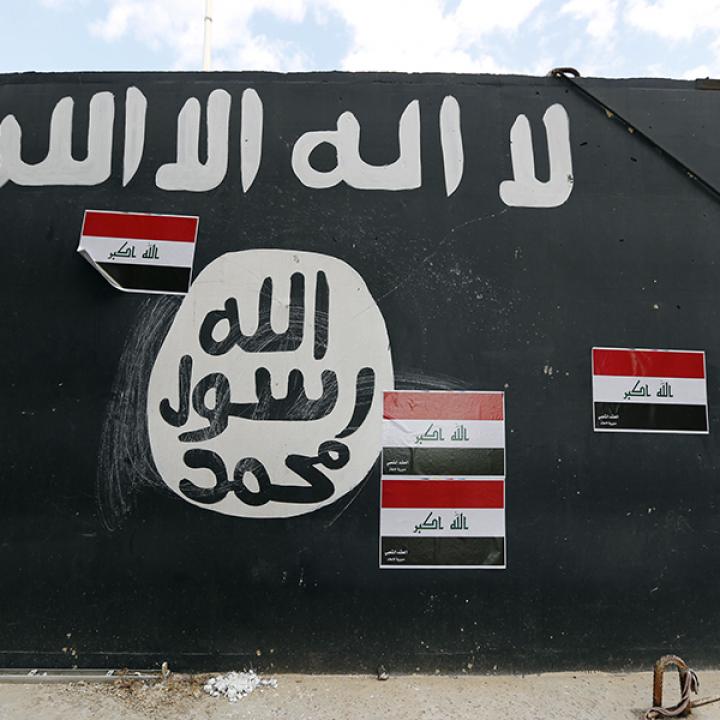

July 15, 2016
Some Western social and political scientists have explained the rise of ISIS in Iraq as a response to Islamic and Arab peoples’ rejection of globalization or Western culture. Although this analysis may be theoretically correct, like to most theoretical analyses, it does not fit with the reality on the ground.
In examining the phenomenon of ISIS in Iraq in order to understand the reasoning behind its spread, the geographical areas under its control are the so-called Sunni areas and provinces, including the Nineveh Province (Mosul), parts of Kirkuk, Al-Anbar Province, parts of Diyala, the area around Baghdad, and Saladin Province. However, votes from those same areas were partially responsible for the landslide victory of a list headed by a secular Shiite in the 2010 parliamentary elections. Accordingly, those areas attracted to a secular list in 2010 became the same provinces that ISIS took control of in 2014.
It is crucial to reflect on the transformation of this group from supporters of secularism into radical extremists who fell under the authority of ISIS. Is there a rationale for this polar-opposite alteration in just a four-year period?
To understand this transformation, one must go back to the fall of Saddam Hussein. Despite American military and political presence in the country, Iraq did not absorb much American culture. Instead, timidity and weakness became the country’s modus operendi. As a result, comparatively weak Iranian and Turkish companies entered and began to control the Iraqi market. On the flip-side, elements from both countries supported Shiite and Sunni extremist voices, potentially to foster a culture of hatred against America and prevent possible American investments or economic presence in Iraq.
In other words, Iraq came under the influences of the “Khomeinist” radicalism and Sunni radicalism of Erdogan’s Muslim Brotherhood-affiliated party during the early 2000s. Therefore, these competing forces enacted a shift in provinces that could have otherwise been developed into a real foundation for secularism, globalization, and a major economic gateway for America. This shift from secularism in 2010 into radicalism in 2014 was tantamount to the response of these provinces’ people to the export of the Khomeinist and Turkish Brotherhood radicalism into their communities, and not a reaction against globalism and American culture, since the latter was not effectively transferred at all.
Due to its lack of visible economic and political presence, the United States lost several facets in its war in Iraq. First, it lost its positive image in Iraqi communities and unfortunately became an enemy in the minds of some who believed that it had handed Iraq over to the radicals. In addition, the war ruined the image of democracy for most of those who supported its implementation in Iraq, since Iraq’s political situation in the aftermath of the war led them to view democracy as nothing more than failed political propaganda that led to radicalization. And while the United States lost many of its soldiers on the battlefield, the sole beneficiaries of the war on Iraq have been these radicals, as regular Iraqis give up on failed political promises in the face of real power and danger on the ground.
Iraq is in need of American reconsideration. Interest groups within the United States should push for cooperation with Iraqi civil and secular forces for the rehabilitation of Iraq’s image, end the role of radicals, and promote the establishment of new political forces that intend to build democratic communities inside Iraq that support and are supported by the United States. This is the way to help Iraq build a new future, eliminate the image of hatred and radicalism exported by Iran and Turkey, and open the country up to globalization. These relationships could be the future foundation of a re-stabilized Iraq in the region. Far from encouraging ISIS, greater Western economic and social presence in Iraq would provide a renewed sense of hope and tools to defeat the terrorist group, just as military cooperation has led to ISIS’s recent military defeats.
Dr. Haitham Numan is the director of ASHARQ Research Company based in Baghdad. This article was originally published on the Fikra website.
Fikra Forum

